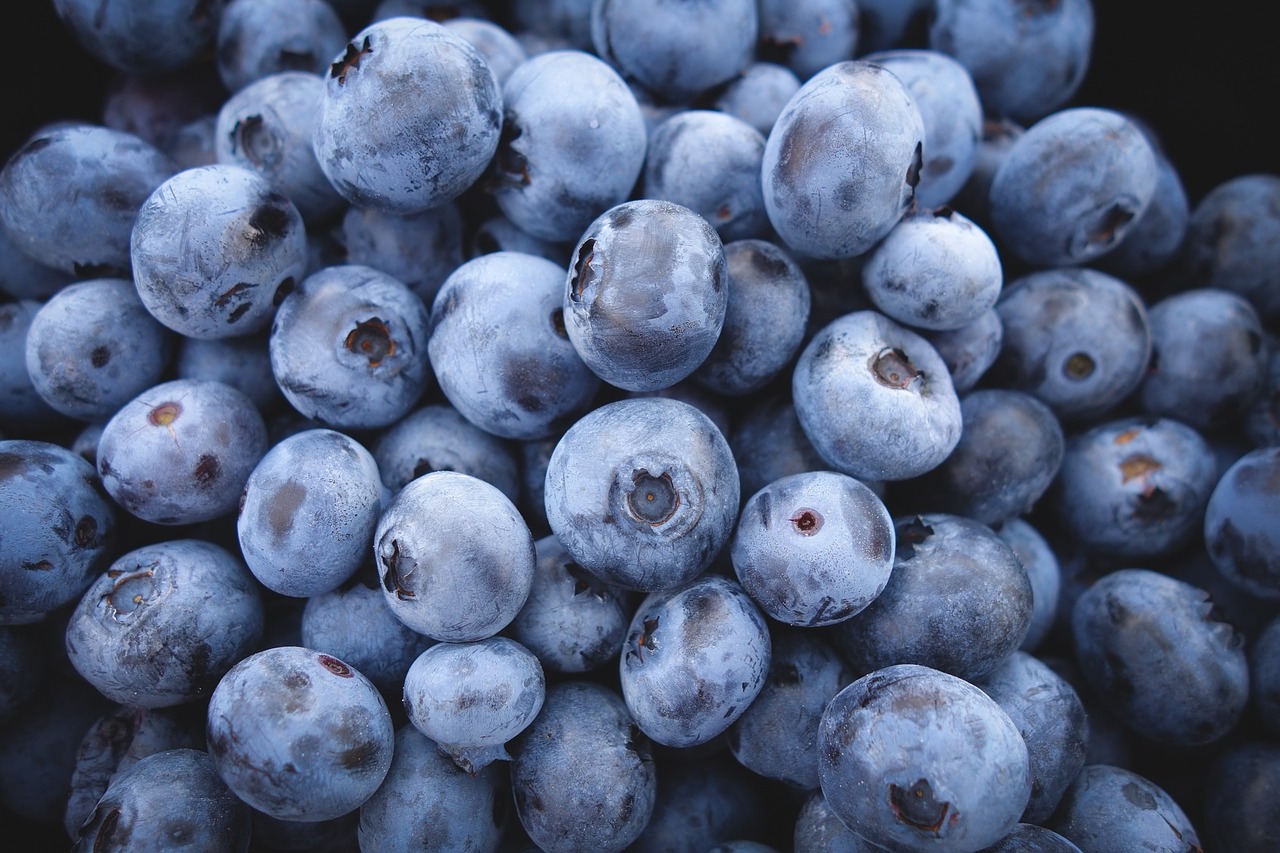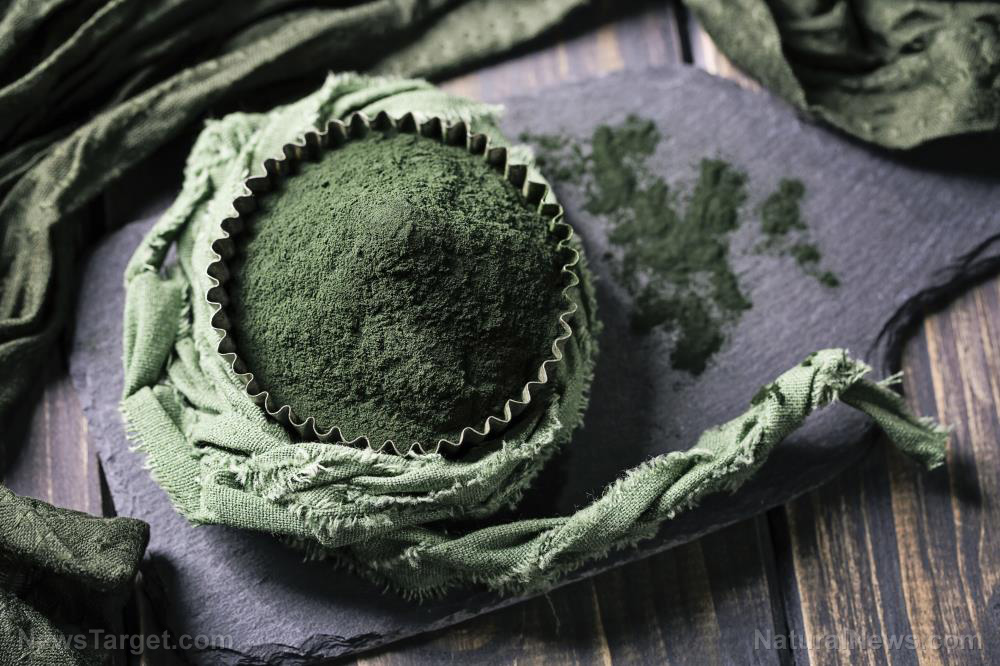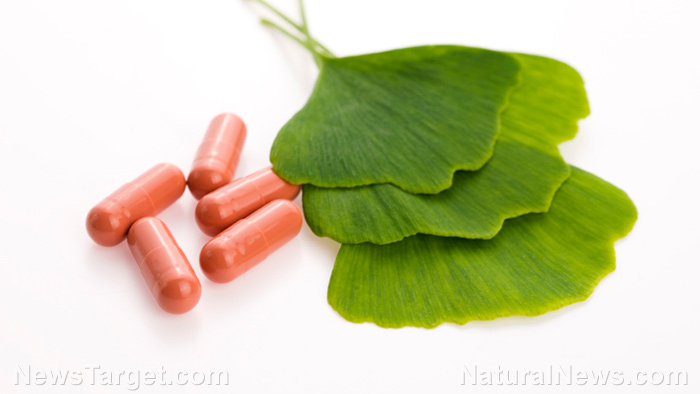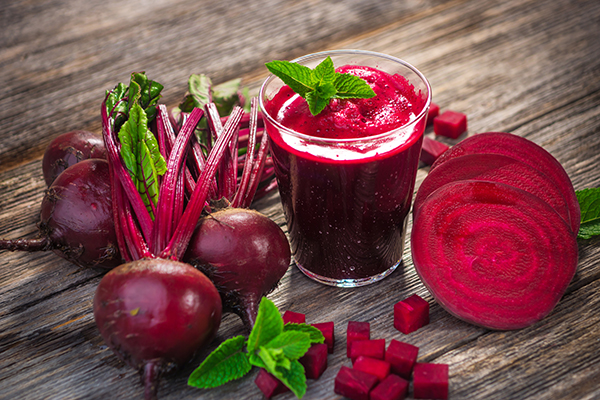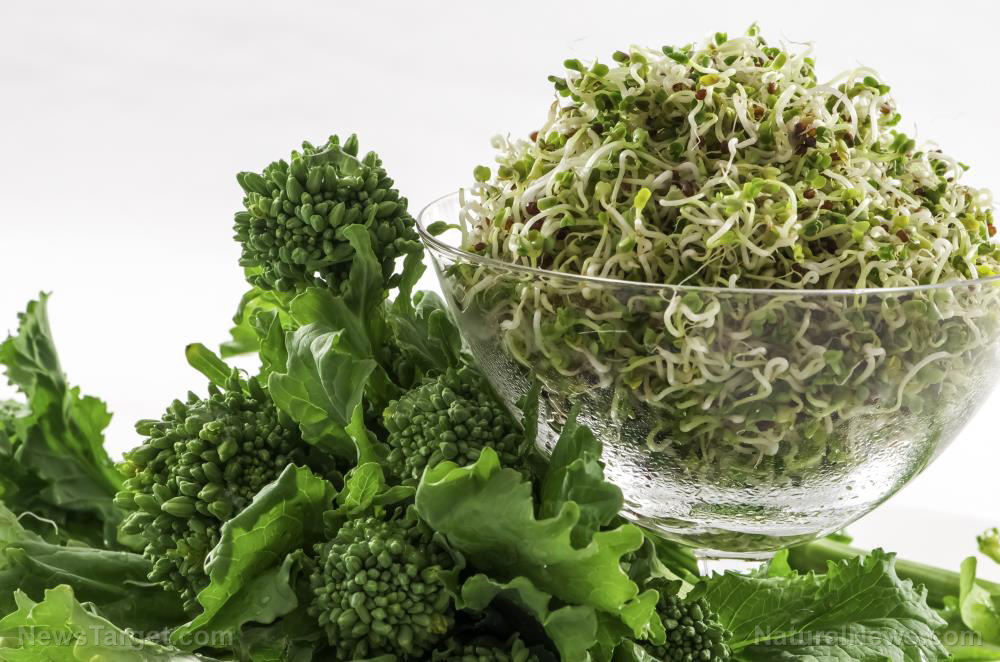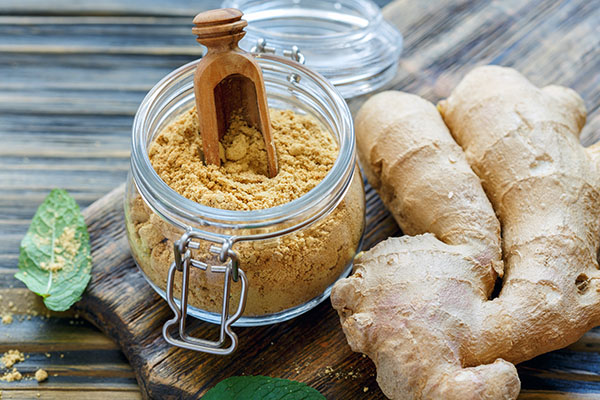Dynamic duo: Why TURMERIC and BLACK PEPPER are a powerful combination
04/25/2024 / By Olivia Cook
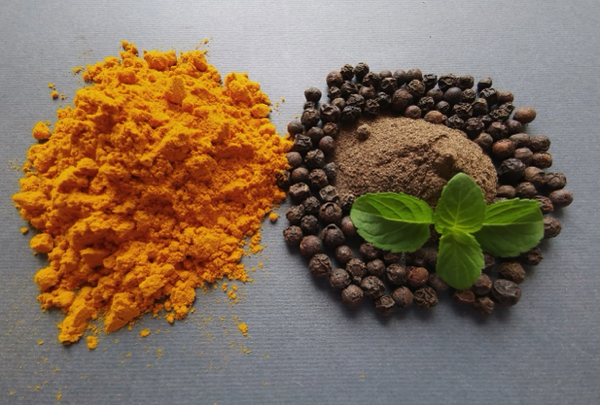
Turmeric and black pepper are noteworthy for their stand-alone health benefits. But when combined, this dynamic duo becomes a powerhouse of healing.
Turmeric (Curcuma longa) has substantial amounts of the plant compound curcumin. This phytochemical is a strong antioxidant that also boasts of being able to fight inflammation, bacteria and fungi. But this bright yellow spice has one drawback – the body cannot absorb it well, with most amounts of curcumin being eliminated.
Meanwhile, black pepper (Piper nigrum) is rich in piperine, a bioactive compound that gives this spice its signature pungency. Piperine is similar to the alkaloid capsaicin, which is present in chili powder and cayenne pepper. This phytochemical has been shown to help address nausea, headaches, poor digestion and inflammation.
But piperine’s most notable quality lies in its ability to enhance the body’s absorption of curcumin. Adding black pepper to turmeric can mitigate the poor absorption of curcumin into the bloodstream. According to research, supplementing C. longa with P. nigrum significantly improves the body’s curcumin uptake by a huge degree.
A study published in the Planta Medica journal expounded on this. Researchers from India examined how curcumin alone and piperine-curcumin in tandem was absorbed in both animal and human models. According to the study, adding 20 milligrams of piperine to two grams of curcumin notably increased the latter’s absorption.
In rats given both piperine and curcumin, the bioavailability of the latter increased by as much as 154 percent. Meanwhile, the bioavailability of curcumin in human participants increased by 2,000 percent when supplemented with piperine.
There are two prevailing theories explaining this phenomenon, as outlined by two separate studies. The first theory was outlined in a study published in the Asian Pacific Journal of Tropical Biomedicine. According to the paper, piperine may facilitate the passage of curcumin through the intestinal wall into the bloodstream.
Meanwhile, a February 1986 study in the Journal of Pharmacology and Experimental Therapeutics suggested that piperine might inhibit the liver’s breakdown of curcumin. This, in turn, elevates the amount of curcumin entering the bloodstream, translating to health benefits.
How to best enjoy the incredible health benefits of turmeric and black pepper
Here are some examples of how you can combine turmeric and black pepper:
- Brew a tea by simmering turmeric powder and black pepper in water for about 10 minutes. You can enhance its flavor by adding a dash of honey or lemon.
- Create a paste by mixing turmeric powder with a small amount of black pepper and water or oil to form a thick consistency. Apply this paste topically to areas experiencing pain, such as joints or muscles and gently massage it into the skin. Leave it on for some time before rinsing off.
- Look for supplements that contain both turmeric extract (curcumin) and black pepper extract (piperine).
It’s important to note that while turmeric and black pepper have been studied for their potential anti-inflammatory and pain-relieving properties, individual responses may vary. It’s always a good idea to consult with a natural health practitioner before starting any new supplement regimen, especially if you have underlying health conditions or are taking medications. (Related: Essential spices and herbs for your food stockpile.)
Visit Superfoods.news for more stories about the health benefits of turmeric and black pepper.
Learn why turmeric and black pepper are a powerful combination by watching this video.
This video is from the All About Herbs channel on Brighteon.com.
More related stories:
Black pepper: 7 Science-backed health benefits of the “king of spices.”
Study: Curcumin in turmeric STARVES CANCER CELLS to death.
Turmeric: 6 Medicinal benefits and home remedies.
Sources include:
Submit a correction >>
Tagged Under:
bioavailability, black pepper, curcumin, food cures, food is medicine, food science, herbal medicine, Herbs, natural cures, natural health, phytonutrients, piperine, remedies, Spices, turmeric
This article may contain statements that reflect the opinion of the author
RECENT NEWS & ARTICLES
COPYRIGHT © 2017 NATURAL HEALTH NEWS




